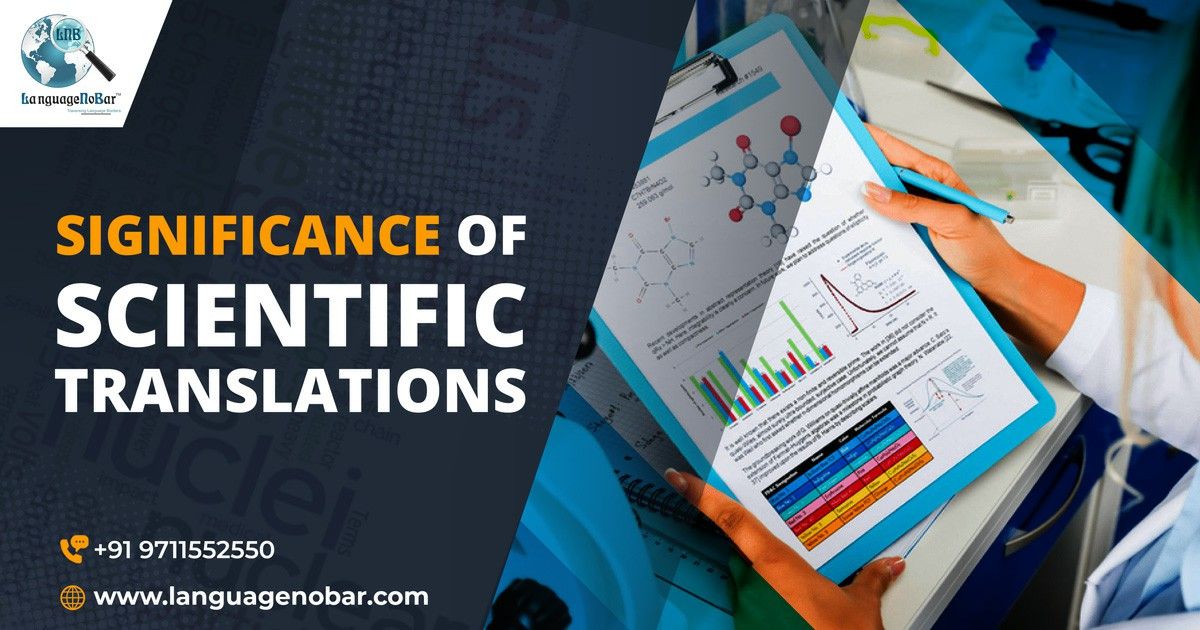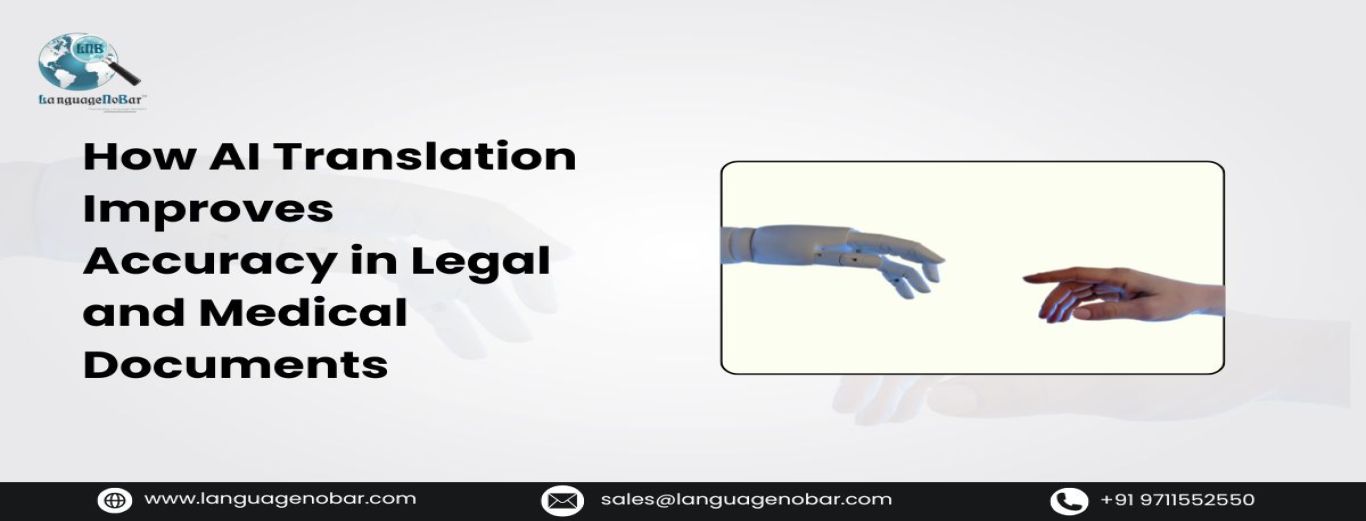The curious case of Scientific Translations
- High Quality medical translation services
- Comments (0)
English has been considered as the language of science for well over a century, but it has negatively impacted the genius minds that know little to no English, causing great losses to humanity. However, nowadays, there is no such thing, the research labs and corporations pick the members of their research team based on their merits and scientific knowledge, and proficiency in the English language. But if consider today’s situation, the leading countries in the field of science and related research are the US, China, Germany, the UK, & Japan. Can you imagine if all these countries have to put their genius minds together to solve a problem, how difficult it is going to be? That’s where the need for Scientific Translation comes in.
By definition, scientific translations are the act of translating scientific documents such as research, academic articles, clinical trials & results, and any document on a scientific subject from a source language to other. For the translation of scientific documents, you need experienced professional translation services like LanguageNoBar. Why? Because the scientific terminologies & language used in the documents are very specific, specialized, and complex. An inexperienced translator is more likely to misunderstand the meaning and relativity of how words and jargon are employed in the document and thus translation in total could be severely impacted.
Now, why translate the scientific documents or materials? Well, because we need it for many purposes such as –
Reach the World – English is the lingua franca and most of the world’s biggest audience in any field can be found reading/watching/listening in English. For scientists who have English as their first language, it is easier to write a book or research paper and find a professional editor or proofreader to rectify the error. But in the case of a non-English speaking scientist, the scene is quite the opposite. But to make the research and knowledge thus gained be publicly available and shared with everyone scientific translations are needed.
Find Partners – Making their research available in English helps non-English speaking scientists find collaborators and research partners to contribute to the research. Although this consensus is not fair in any way, with an expert document translation service this issue can be easily tackled. Also, if there is another team of scientists that are working on the subject translating one another’s published research papers allows them to track others' progress and probably find a way to collaborate.
Share the Data – Consider the pandemic situation, the research for vaccines, or building a large project like the Hadron Collider. Being able to easily share the research work across linguistic boundaries is very vital for scientific development. As more brilliant minds can study, analyze, and find ways to improve research, the more or higher will be the growth rate for scientific development. Even the smallest of the findings in one study could have large impacts on the whole research and therefore, scientific translations mediate these issues.
Get Funds - One of the biggest dilemmas in scientists’ life is to procure funds for their research. For this, they turn to interested parties like venture capitalists, grants, and philanthropists. To truly make their research understandable to all these people the scientists utilize scientific translation services to translate the scope of their research and proposal into the preferred language of the interested parties. Obviously, one will need an expert native translator for flawless translation of the ongoing work.
Spread the Knowledge – Translating the scientific work helps to spread the knowledge and findings of the research to a wider range of people. In addition to making it available for the scientific community, some journals also make it available for the interested parties outside the scientific community. The single point making all this flow of knowledge across the physical and language limitations of the countries possible is - scientific translation.
For Recognition – Often not much in the minds of the scientists but it's good to be recognized for the hard work one puts in his/her work. Translating scientific works in different languages allows scientists to reach more people, get more citations, and be recognized worldwide for their work.
Future-Proofing the Work – Nowadays English is the lingua franca of science, for years it was Latin and then French & German for a brief moment. Therefore, translating scientific works in multiple languages makes them future-proof.
The modern era is of globalized efforts. Take Covid vaccine, for example, multiple scientists, research labs, and corporations were working together sharing information across the world to find the cure for the disease. How rapidly the research escalated into results is an example of effective life science translation. Contrary to that is the 2004 incident of delayed WHO publication as the research works that caused that were solely published in Chinese. So, in this new world of global communication and connectivity, the scientific progress rate is amplified by the coming together of geniuses who are a world apart but communicate with each other. Assisting this communication is what LanguageNoBar specializes in.
Related Blog :
MEDICAL TRANSLATION SERVICES-MAKES A DIFFERENCE TO THE WORLD OF MEDICINE
PROFESSIONAL MEDICAL TRANSLATION COMPANY INDIA: ACCURATE AND PROFESSIONAL TRANSLATION
LOCALIZE YOUR SOCIAL MEDIA CONTENT TO REACH CUSTOMERS ACROSS THE GLOBE







